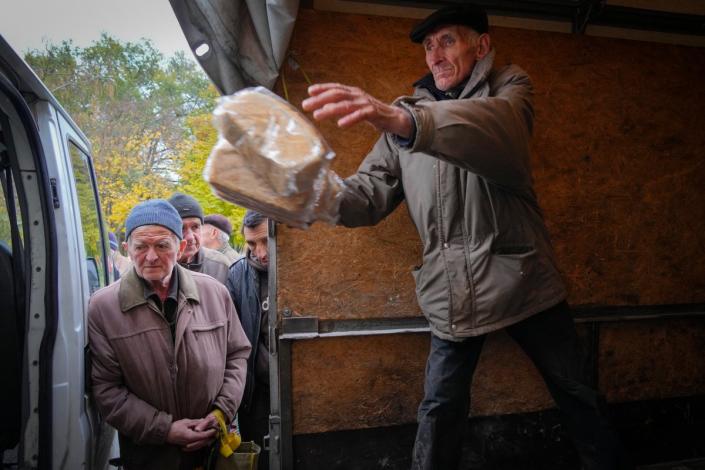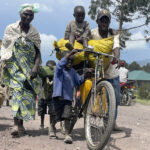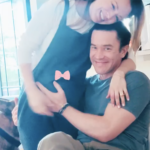Russia’s invasion of Ukraine has plunged Europe into an era of insecurity, Germany said on Friday a day after Vladimir Putin predicted a “dangerous” decade ahead.
German president Frank-Walter Steinmeier said the 24 February invasion had ended “old dreams” of a united continent.
“It has plunged us into another time, into an insecurity we thought we had overcome: a time marked by war, violence and flight, by concerns about the expansion of war into a wildfire in Europe,” said the president, who is from a wing of Germany’s Social Democrats that long argued for closer economic ties to Moscow.
“Harder years, rough years are coming.”
Germany, which has joined European sanctions against Russia and weapons deliveries to Ukraine, has recorded the arrival of more than a million Ukrainian refugees and warned of possible energy shortages this winter after cuts in Russian gas supplies.


Mr Putin, addressing a conference in Moscow on Thursday, played down the prospect of a nuclear stand off with the West but accused Western leaders of inciting the war in Ukraine, which he says was justified by Kyiv’s expressed wish to join Nato.
Western dominance over world affairs was coming to an end and “ahead is probably the most dangerous, unpredictable and, at the same time, important decade since the end of the Second World War,” Putin said.
The Russian leader insisted Moscow’s war in Ukraine, which he calls a “special military operation”, was going to plan as both sides prepare for a key battle in Kherson in Ukraine’s south.
One of four partially occupied provinces that Russia declared annexed last month, the region controls the only land route to the Crimea peninsula – seized by Russia in 201 – and the mouth of the Dnipro river that bisects Ukraine.


Ukrainian and Russian troops dug into muddy trench lines north of the regional capital, also called Kherson, exchanged rocket, mortar and artillery fire on Friday, a daily ritual since Ukraine drove Moscow’s forces back toward the port city last month.
In recent weeks, Putin has escalated the conflict, discussing nuclear arms and launching a partial mobilisation of men to fight in Ukraine. Russia’s central bank governor Elvira Nabiullina said on Friday the mobilisation could spur inflation by affecting the labour market but vowed to contain price rises.
Russia has also unleashed a wave of missile and drone strikes, hitting Ukraine’s energy infrastructure and forcing power cuts in Kyiv and other places, officials said.
Ukraine has shot down more than 300 Iranian Shahed-136 “kamikaze” drones so far, air force spokesman Yuriy Ihnat said. Iran has denied Ukrainian and Western assertions it is sending drones to Russia.
Reuters




